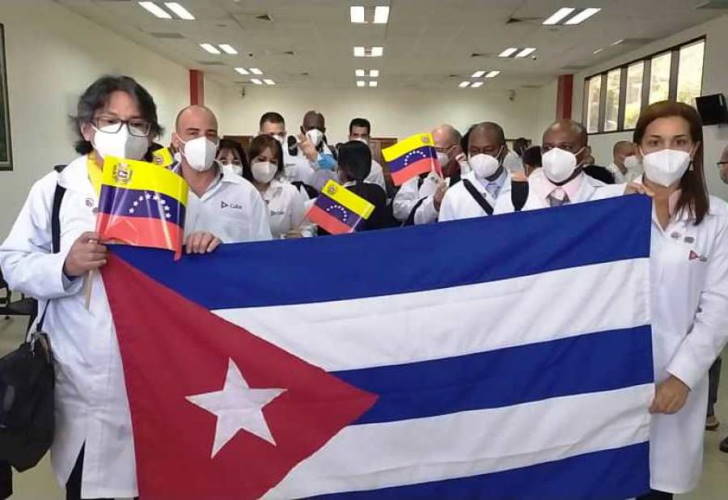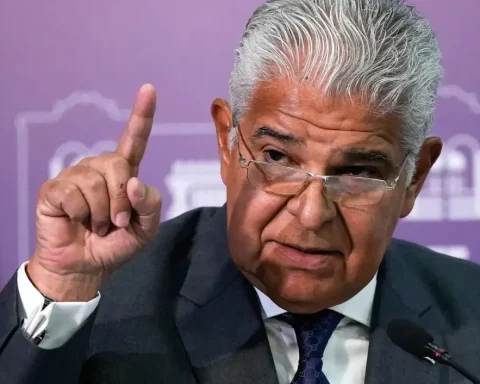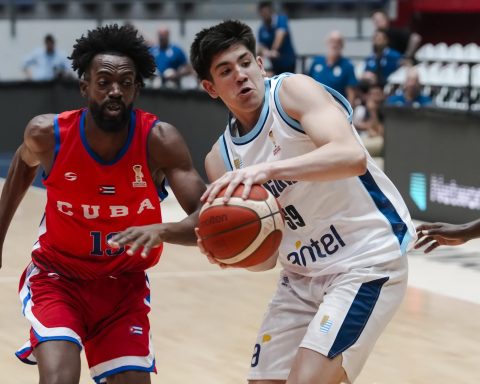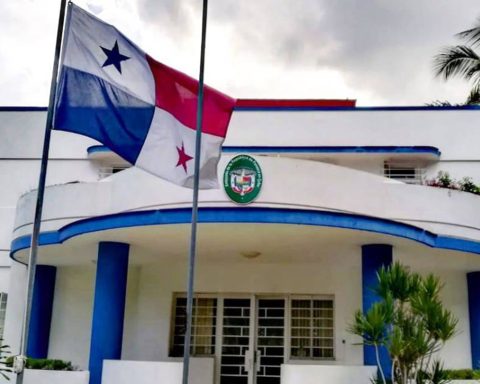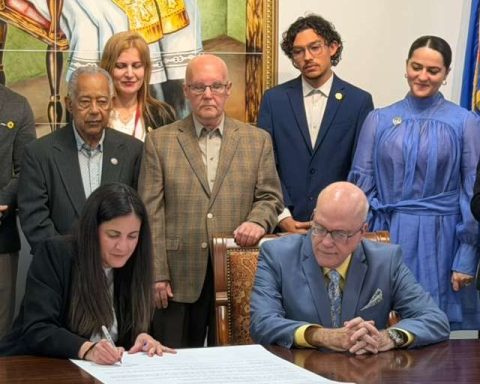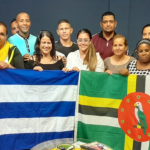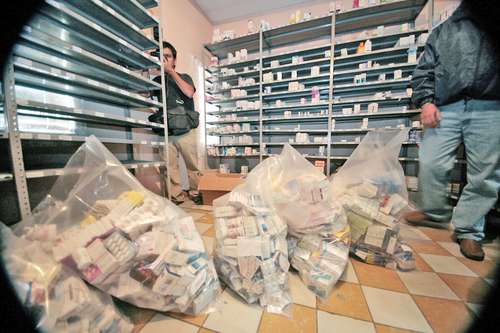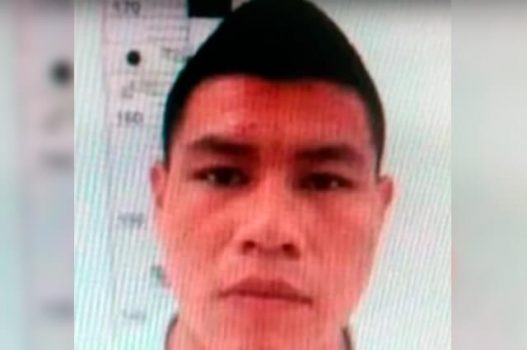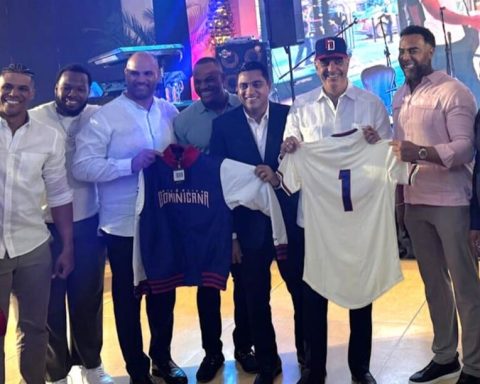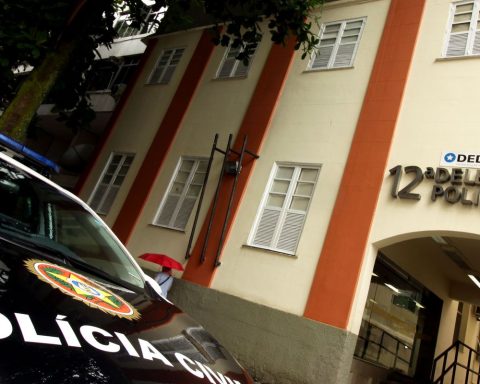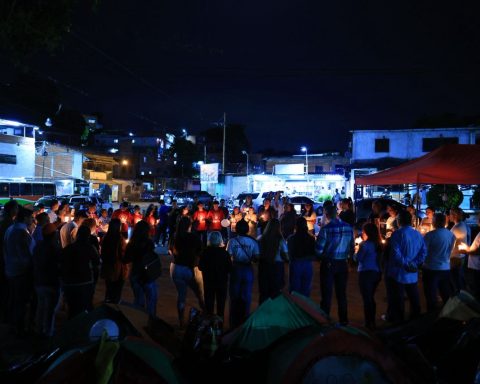MEXICO CITY.- At the end of May, the news circulated that seventeen Cuban doctors were detained in the state of Táchira, Venezuela, when they tried to cross the country’s border into Colombia. This was announced by Dr. and activist Miguel Ángel Ruano Sánchez on social networks, which was cosigned subsequently by this means.
According to the same source, several of the Cuban doctors would be forced to return to Cuba, where they could be sanctioned, and another group could suffer the same fate for not being “reliable.”
Cuba has been systematically denounced for the abusive practices contrary to human and labor rights that the government gives to the professionals it exports. This episode adds to a long history of mistreatment and violations that Cuban men and women continue to suffer under the modern slavery regime to which they are subjected. Does the Cuban government have jurisdiction outside its borders to arrest these workers and force them to return? CubaNet spoke about this with Giselle Morfi and Alain Espinosa, lawyers from the Cubalex legal advice center.
“The most important thing is to emphasize that the Cuban government does not have any type of competence or jurisdiction to carry out arrests outside the island.” In other words, according to Espinosa, the detention of the doctors was totally illegal. In addition, it constitutes a violation of the Cuban and Venezuelan governments, which allowed and supported it.
“In this case, the violated right is to move freely, enter and leave any country,” he specifies. Although the doctors have denounced that these arrests are led by State Security agents who travel in the delegations, the imprisonments in Bolivarian territory should be carried out by the authorities of the host country. With the condition that a crime defined in its legislation has been committed before. Abandoning a Cuban labor contract does not apply to it.
Cubalex’s lawyer adds that this new fact constitutes a violation of the right to freedom enshrined in article three of the Universal Declaration of Human Rights, and a form of slavery. “Such persecution makes it impossible for these doctors to exercise their right to request political asylum, as established in article 14 of said declaration.”
Another of the complaints shared by Ruano, who communicates with several of the Cuban doctors in Venezuela, is that “they threaten them with article 176.1 of the (new) Penal Code, with up to 8 years in prison,” he wrote on his networks. . What specifically regulates that article?
“There is a typical conduct established in the new Penal Code, which has not yet entered into force, but which is in force in the current Law 62 of 1987, and which involves a public official or employee (in the case of doctors, unless have positions that make them civil servants) who are carrying out a mission in another country and abandon it,” explains Morfi.
The norm states that, even if “the mission” has ended, if he refuses to return when required, he can be sentenced between 3 to 8 years of deprivation of liberty. “The refusal can be express or implied. In the case of the Cuban doctors, if they did not express their refusal outright and only fled the place to cross the border, we are in the presence of the tacit refusal to return”, clarifies the expert.
In addition, another conduct that is typified in point two of the article, punishable by the same number of years, is that this doctor, fulfilling a mission in Venezuela and against the express order of the Cuban government, moves to another country.
In summary, the jurist assures that in Cuba you can be imprisoned for having breached a simple employment contract, despite the fact that contractual breaches should not generate any other responsibility that is not labor, administrative or economic, but not criminal. “The Cuban State criminalizes behaviors that by their nature are not criminal,” concludes Morfi. Currently those who leave these agreements are not allowed to enter the country for eight years.
Regarding this article, Alain Espinosa believes that it is totally contrary to the right to freedom that assists all people. “To this we must add the lack of definition because legally these doctors would not be on a mission, but rather under the fulfillment of an employment contract.”
It also emphasizes that these contracts are null by nature. “The vast majority are carried out after forcing workers to give up many of the rights that assist them in the workplace. With which it would be violating the principle of inalienability that governs labor law. Any contract made in violation of this principle is flawed from the beginning.
Cuban doctors have denounced that their passports are taken away, they are not allowed to leave, even that they are detained to prevent escapes. Can the Castro government act in this way, legally?
Giselle Morfi: “The government violates fundamental rights and there is no justification for this. There are rights that are not absolute, freedom of movement is one of them, but no government can arbitrarily restrict it as in this case. To restrict a fundamental right, which in principle has the international obligation to respect and guarantee, the analysis of the specific case must go through several filters. With these, it is valued not only that the limit to the right is provided for in a law, but that the law must be clear and precise.
“Taking away their passport and not letting them out is already a barbaric form of control towards these people who are in a foreign state. In addition, the fact of having some detained could be evidence of complicity between governments.”
Why can the regime to which they are subjected be considered modern slavery?
Giselle Morfi: “We are talking about people who believe they own the freedom of others and for that they create unjust laws with punishments that mean a greater loss of freedom.
“There are many testimonies from doctors and other professionals who say that they live in horrible conditions of hygiene, food, persecution, surveillance. They can also suffer constant risk to their life and physical integrity and lack of protection. They only have one thing for sure and that is the prohibition to go out whenever they like and wherever they want.
“Some of these exported professionals, knowing the subhuman conditions in which they will work, are forced to accept the mission because they are subjected to threats, intimidation and blackmail by authorities who abuse their power. Another, because they are not clear and are deluded with the naive idea of improving economically.
“These people are slaves, they are objects, products, merchandise with which the Cuban rulers profit a lot and pay their debts. That is called debt slavery.”
Receive information from CubaNet on your cell phone through WhatsApp. Send us a message with the word “CUBA” on the phone +1 (786) 316-2072, You can also subscribe to our electronic newsletter by giving click here.
